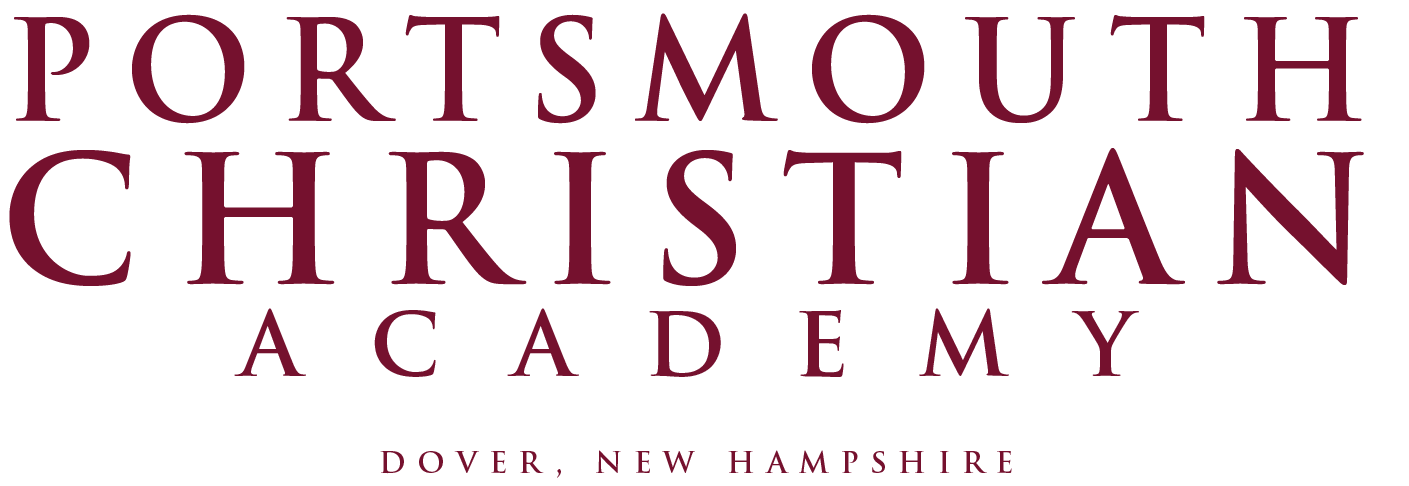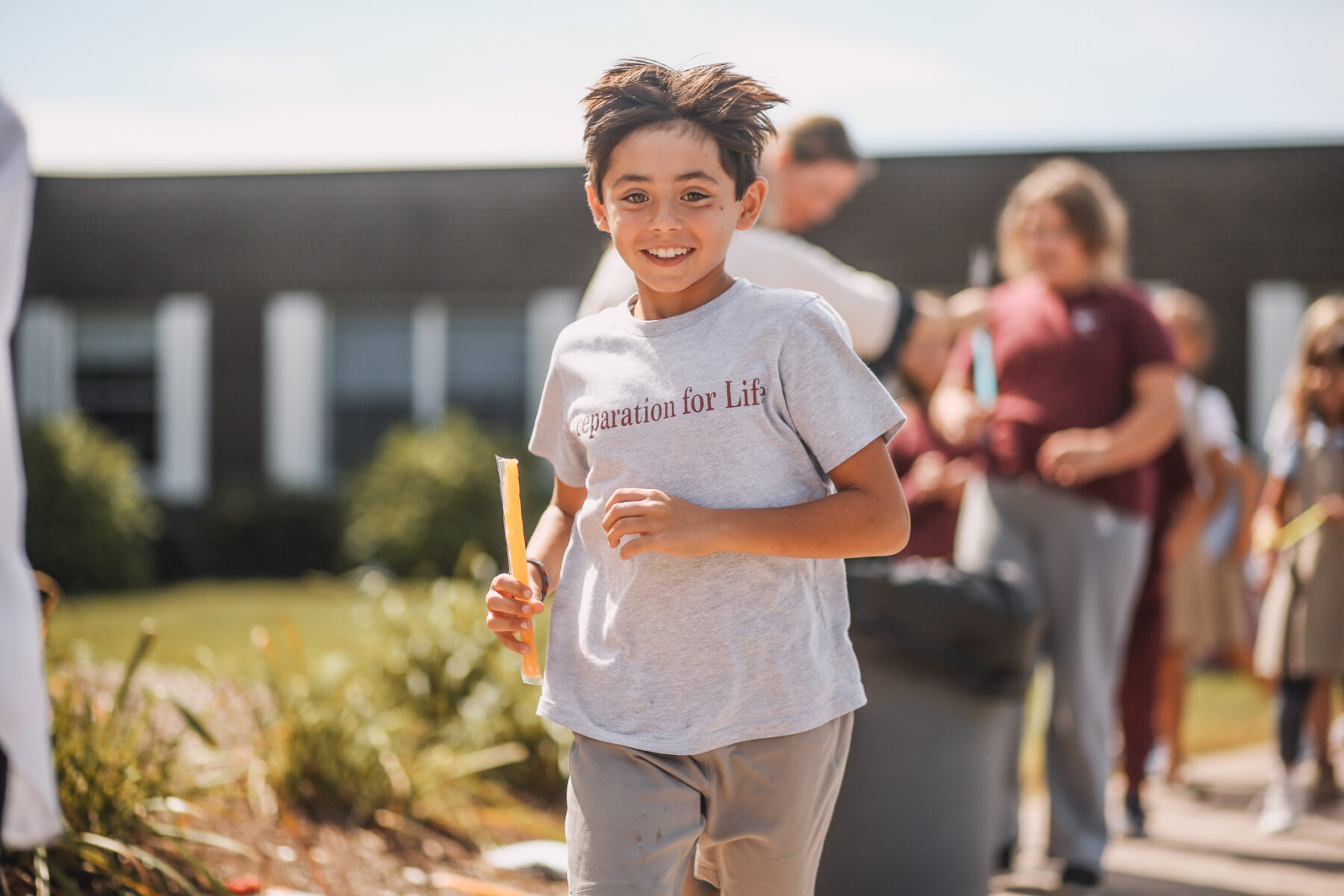Building a Healthy Community Through Physical Education
Written by Abigail Monahan & Kendra Leavitt
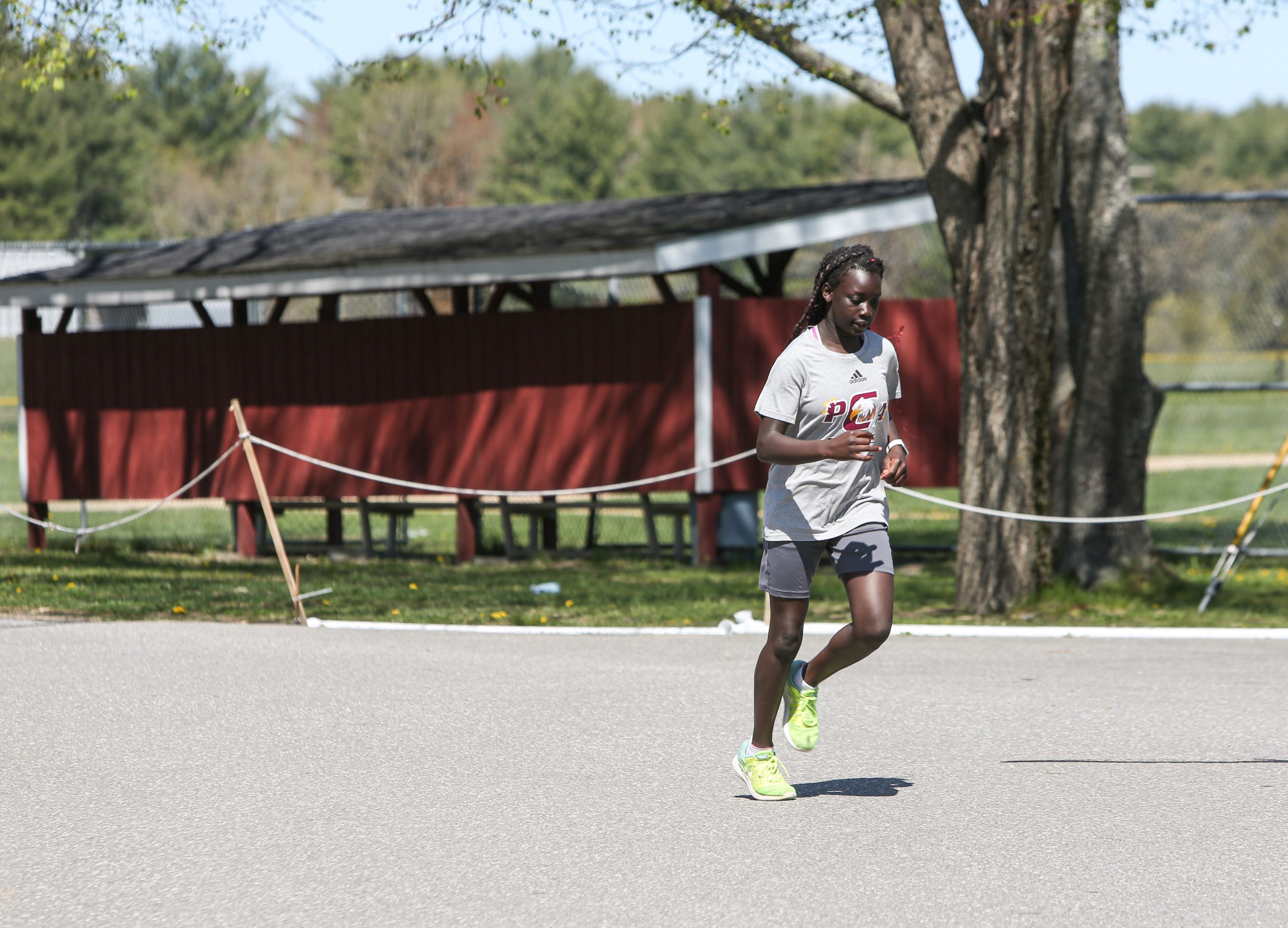
By understanding how to care for oneself and care for others, children become outward thinkers, feelers, and doers, while also recognizing their own needs and callings. But what is proper care? Why is it important to our everyday lives? At Portsmouth Christian Academy, we use our Physical Education (P.E.) program as an opportunity to project the significance of physical care, in congruency with spiritual, mental, and social care. I spoke with PCA’s Physical Education Teacher, Abigail Monahan to gain valuable insight on the importance of this topic.
Abby has been with PCA since 2009 as P.E. Teacher. She graduated from Cairn University with a B.S. in Health and Physical Education/Bible. She and her husband, Tim, have 4 children. Bea and Sam are current 6th graders at PCA and the Monahan’s are overjoyed to be adding two more to their family this summer, with the adoption of a 2 and 3-year-old. Both Abby and Tim have also been part of our coaching staff and attend BeFree Church in Somersworth.
When Abby came to PCA 13 years ago, she passionately took over the P.E. program and assured that its implementation in weekly curriculum was valued by students. She explains that beginning in preschool and carrying through middle school, “we focus on the eleven health and skill related fitness components: Muscular Endurance, Strength, Flexibility, Body Composition, Power, Agility, Speed, Reaction Time, Balance, Power, and Coordination.” She also built out the objective statement for P.E. at Portsmouth Christian Academy, based on the school’s mission statement, and tells us why she strives to project its importance each day to her students.
Why is P.E. so beneficial to a child’s education?
It is no surprise that keeping active is critical to human health, but we want our community to know the importance of P.E. from a young age. Why is it incorporated at PCA? How will it benefit your child?
“Core academics are imperative, but those alone do not prepare the student for the task of life,” Monahan states in her opening conversation about physical education. “As a physical educator, I don’t relish in hearing the idea that ‘gym is just playing games’ as if play is not a ‘value added’ or is a ‘less than’ experience. In play, life lessons and pivotal skills are developed. Play provides the opportunity to grow in new movements, experiences, social skills, and personal confidence.”
“The play of physical education is highly purposed and productive in growing each student in a holistic approach to wellness.”
She goes on, “Proper development and use of locomotor movement promotes pathways in the brain that cross the hemispheres to be constructed and myelinated as the skills and pathways are used. Key fitness concepts and healthy behaviors for active living are studied as knowledge and used in a myriad of activities encouraging the longevity of total wellness. Social emotional learning occurs as sportsmanship and self-efficacy is cultivated. The value of play is indeed high and benefits every student no matter their prowess. Physical education is a not just a once a week subject or an opportunity to wear sweatpants, although that is a favorite feature for most! It is truly an enrichment to life where all students, through play, safely grow holistically in fitness and wellness.”
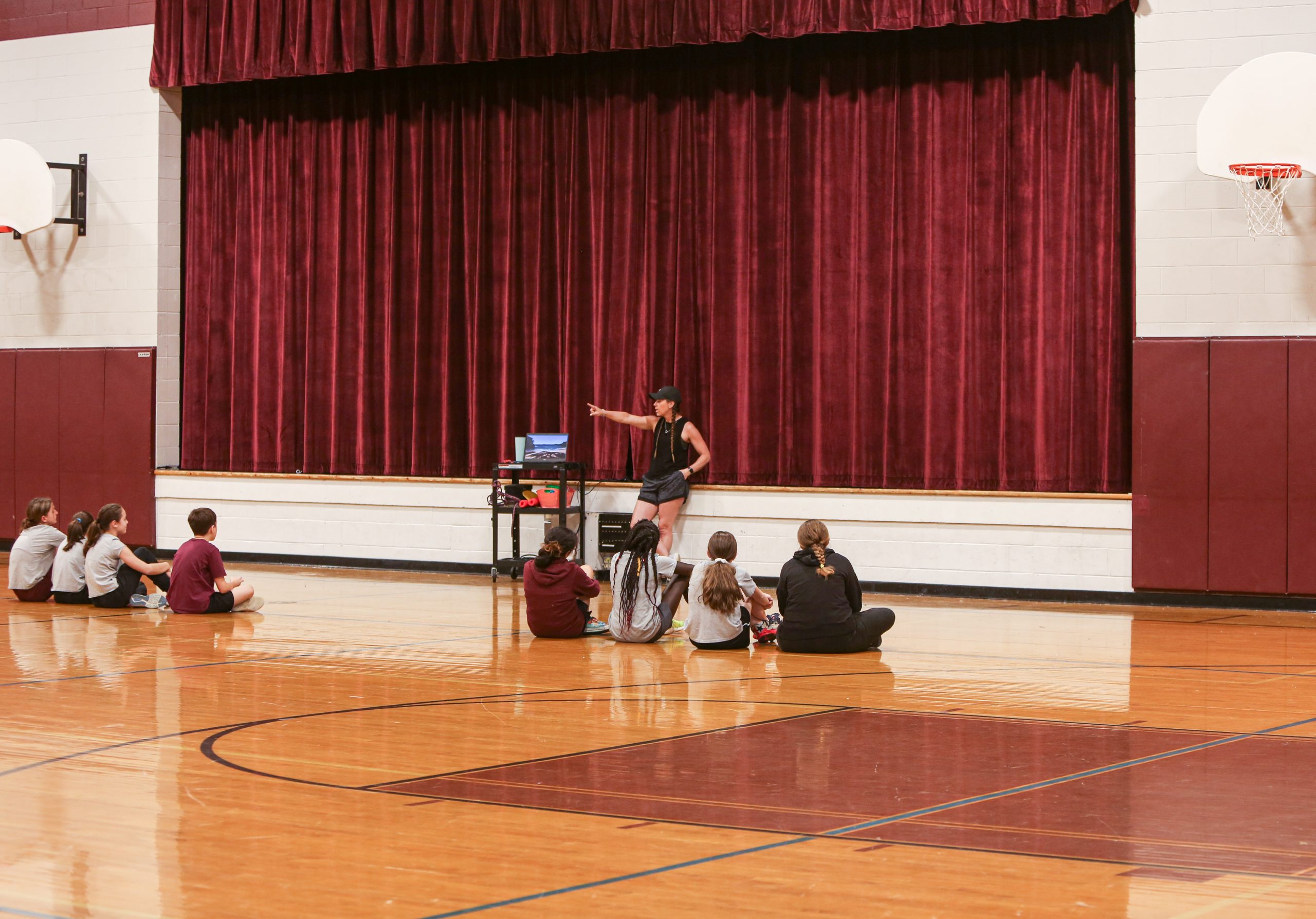
How can one form healthy habits?
“My grandfather was a pivotal example of health as I grew up. He never shied away from work or hard labor. He joined the Navy in the tumult of the 1940s. He came home from World War II and married his sweetheart. He built his home, his land, and his family all while laboring at the local mills. I can remember watching my grandpa complete his nightly push-ups and sit ups before retiring for the evening. I watched this routine happen until the end of his life. He had a fierce battle with cancer, but he did not let that stop his workouts. He still completed his push-up routine the day before he passed.”
This, Monahan expresses, was the precedent set before her. A picture of passionate and intentional fitness. These habits only form with the purposeful, daily decision to prioritize one’s health and make decisions that benefit the body. “I saw healthy living as a lifelong habit and how that choice was bigger and more purposed than just a few exercises.”
She goes on to explain that physical health is linked to other facets. When on its own, it serves to uphold strength, endurance, flexibility, agility, etc., yet it also extends into other areas of our lives: spiritual, mental, social health. This is why we begin P.E. classes in preschool at PCA. Setting the precedent for fitness and movement at a young age will only increase the chance of life-long follow through.
How do you view physical health from a spiritual perspective?
“My grandfather savored pushing his body, doing so with the mindset that comes from Solomon in Ecclesiastes 3:9-13, which in summary has three distinct points:
- God will make everything beautiful in its time
- God has made each person with eternity etched on their heart
- A good gift from God is the joy of life and the pleasure of hard work.…Yes, we are made for joyful work!
Healthy habits are formed from a well-purposed life, full of hope to come, striving for wellness through joyful work that honors God.”
The P.E. curriculum at PCA is designed to provide more than weekly exercise. Its alignment with biblical principles provides students with a purpose for hard work and dedication.
Learn more about Portsmouth Christian Academy in Dover, NH by inquiring through our website or join us on campus at one of our Admissions Events.
